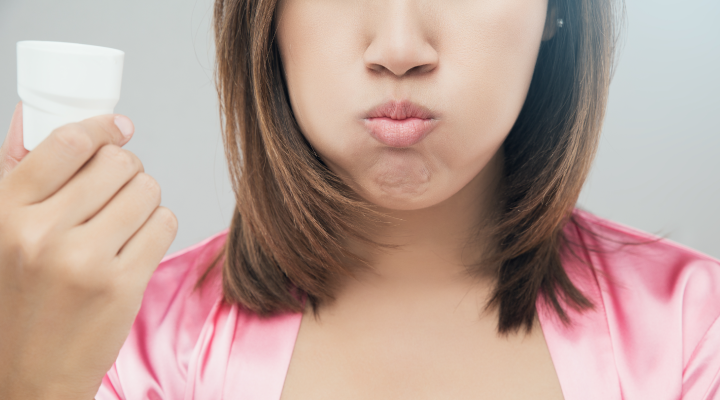
Your thighs during a workout. Your skin sans sunscreen. A “Yo Mamma” joke. These are the burns that make sense to us. But why does mouthwash burn? Unlike getting “swole” at the gym, this type of burn doesn’t necessarily mean it’s working.
If you are asking why does mouthwash burn, blame one or more of these culprits:
Menthol
Found in toothpaste, gum—and of course—mouthwash, menthol is the stuff that makes your mouth feel tingly and cold. Rinses with high levels menthol are likely to sting the most. Menthol pumps up your mouth’s sensory neurons—the same way breathing in during cold weather does.
Alcohol
Alcohol is a common component in commercial rinses. It’s added not because it banishes bacteria, but because it dissolves other essential oil-based ingredients (like menthol). And because alcohol is a drying agent, a parched palate can intensify that stinging sensation.
Dental Issues
The mouthwash ingredients mentioned above can cause added pain for those with mouth ulcers, gingivitis or sensitive smiles. Small mouth ulcers, for example, will become worse with alcohol-based rinses. The menthol irritates the wounds and alcohol’s drying properties delay the healing process.
How can you solve the mouthwash burn? Get back to basics—brushing and flossing can work wonders for your oral health. But if you prefer the whole suite of smile tools, look for an alcohol-free mouthwash with low amounts of menthol. Ask your dentist for a recommendation.
